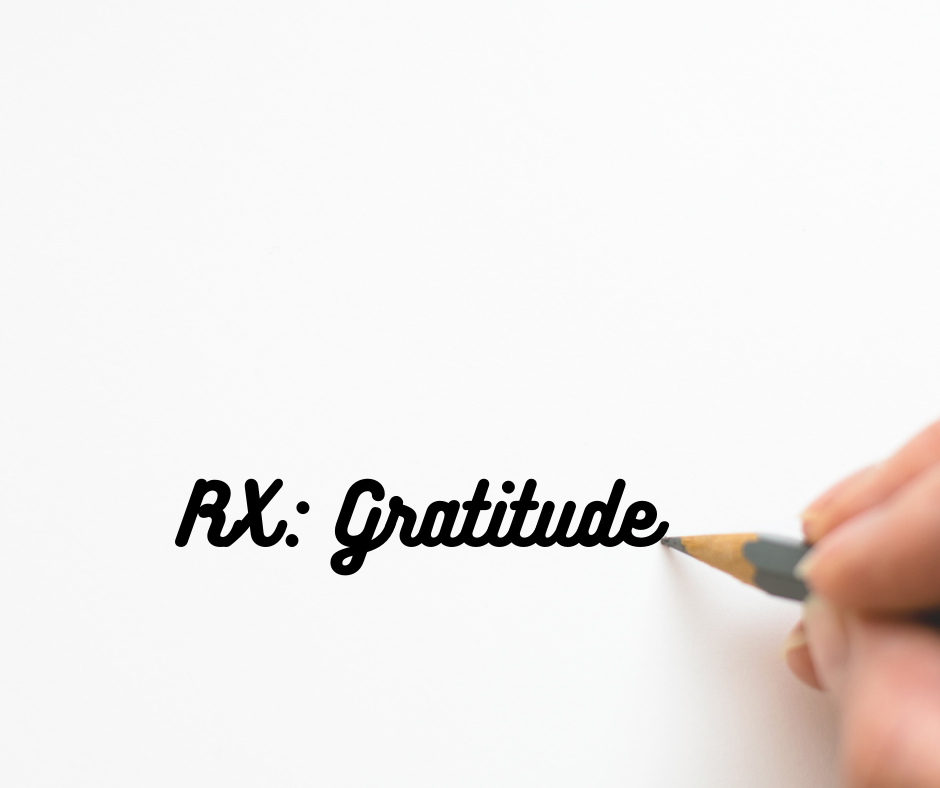 For nurses, COVID-19's residue includes emotional exhaustion, moral anguish, depression, insomnia, spiritual struggle, and more. A powerful antidote is gratitude or appreciating the good or benefits experienced in daily life. Spiritual giants have posited that expressing thanksgiving is the most essential prayer. The apostle Paul advised us to “...give thanks in all circumstances; for this is God's will....” (1 Thessalonians 5:18, NIV).
For nurses, COVID-19's residue includes emotional exhaustion, moral anguish, depression, insomnia, spiritual struggle, and more. A powerful antidote is gratitude or appreciating the good or benefits experienced in daily life. Spiritual giants have posited that expressing thanksgiving is the most essential prayer. The apostle Paul advised us to “...give thanks in all circumstances; for this is God's will....” (1 Thessalonians 5:18, NIV).
Gratitude is a spiritual principle espoused by religions which is supported by empirical research. One systematic review concluded that gratitude interventions improved outcomes such as sleep, glycemic control, and blood pressure. A meta-narrative review of 56 studies observed how gratitude creates psychological benefits for clinicians as well as for clients. Conclusion? Gratitude broadens and builds one's personal resources, making a person more resilient.
So how can we be grateful while stretched to a breaking point at work? Here are some tips I've learned.
- Fake it until you make it. Being grateful is a choice. Feelings can follow what the mind dictates.
- Keep a gratitude journal. Writing concretizes our thoughts and feelings, enhancing our awareness of them. Journaling also gives us something to read later when gratitude seems hard to grasp.
- Make a daily list if possible. Psychologic and physiologic outcomes are likely dependent on this frequent dosage.
- When something creates a sense of gratitude, notice it. Savor it. Cherish it for at least 10 seconds.
- Appreciate the little things. For example, you may notice a weed growing up through the crack in the concrete, the smile of a stranger, or the taste of a drink. Notice the extraordinary in the ordinary.
- Like any muscle, an attitude of gratitude grows the more it’s used. The experiences of gratitude may be snippets now; however, they can increase and permeate your whole life. After all, a sequoia tree starts as a seedling
It’s easy to conjure gratitude for what seems satisfying and helpful. But what about when circumstances are painful and anxiety-provoking? Author and priest Henri Nouwen advised us to name our brokenness, to move toward it, and to be grateful for it. Suffering becomes a source of hope when we frame it as purification, challenge, pruning, or an invitation to go deeper.
Thus, we can choose gratitude for the increased appreciation of life that death or suffering brings. We can be thankful for the recognition of our limitations and reliance on God that personal exhaustion exposes. We can be grateful for pain that draws us to understand God's ways with more depth.
What are you grateful for?
Elizabeth Johnston Taylor, PhD, RN, FAAN, is a professor at the School of Nursing at Loma Linda University, Loma Linda, CA. She researches and writes frequently on spiritual care.
This post is from Dr. Taylor’s column, FAQs in Spiritual Care, in the current issue of JCN.
Add new comment